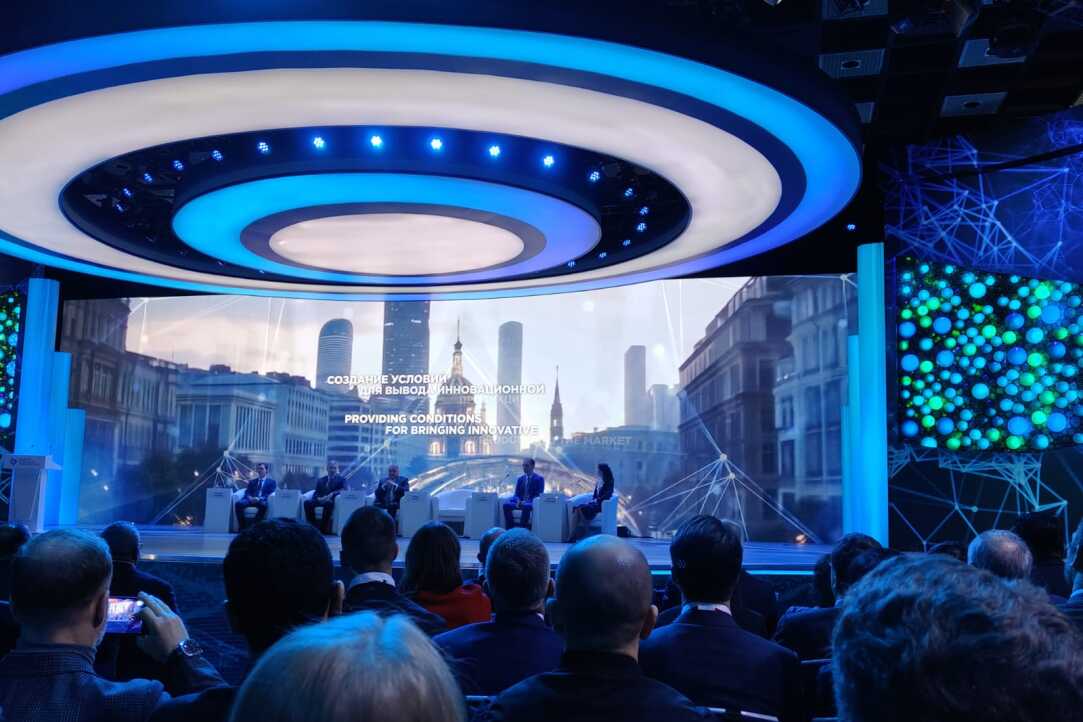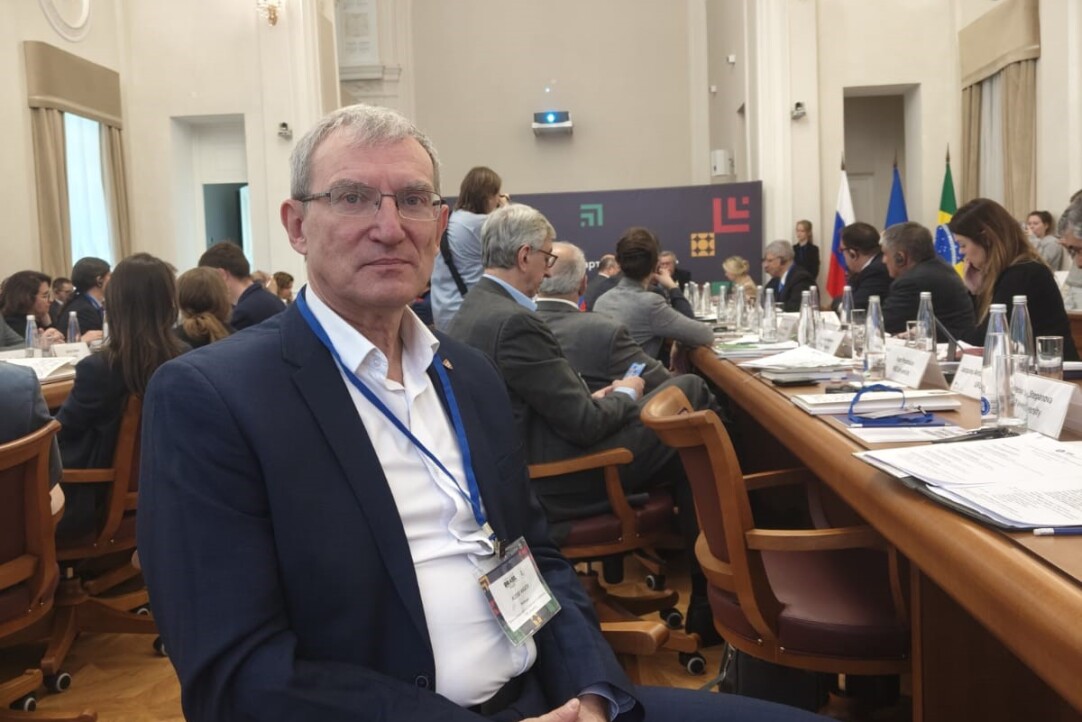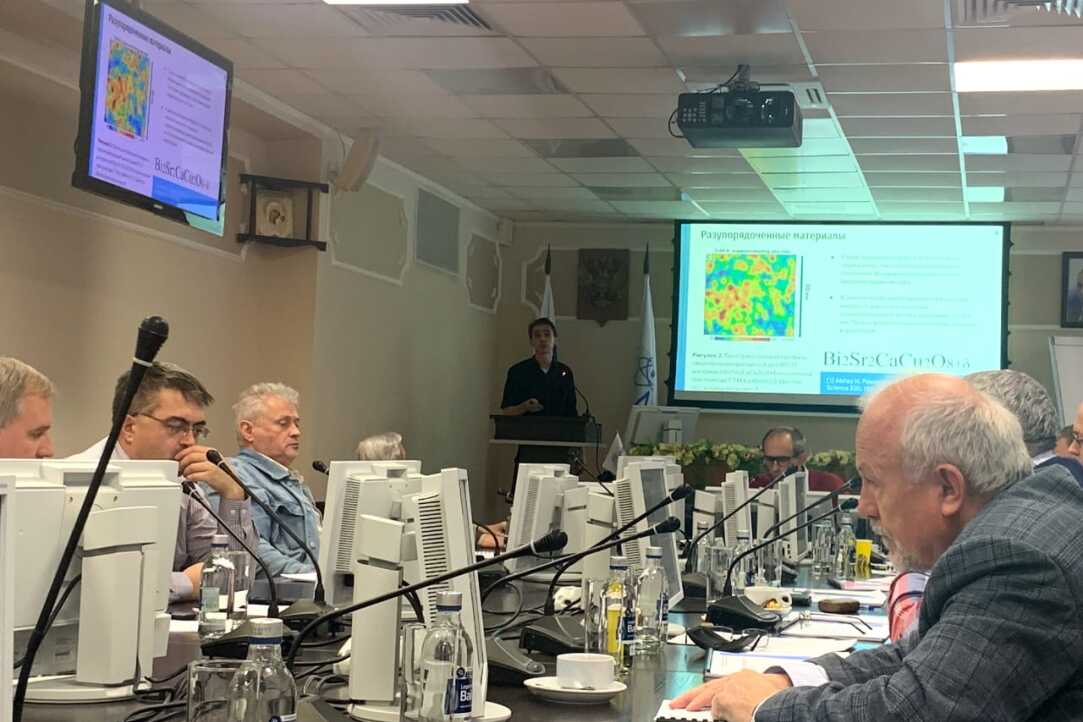The centre was created to investigate the physical properties of metamaterials, which are significantly influenced by quantum effects. The name ‘metamaterials’ comes from the Greek ‘meta’, meaning ‘beyond’. Metamaterials have properties that are not inherent to any of their component materials. Modern technologies make it possible to create structures with characteristic scales of several nanometres or even less—scales at which quantum effects play a decisive role. These effects can help or hinder, so it is important to ‘befriend’ them. They need to be carefully explored in order to understand their influence on the physical properties of metamaterials.
News

April 26 - May 4, 2025, Fethiye (Turkey) hosted a major international scientific forum – the ICSM2025 and ICQMT2025 joint conference, which brought together the world's leading experts in the field of superconductivity, magnetism, innovative and quantum materials. The Forum has become an important platform for discussing the latest experimental and theoretical achievements aimed at developing advanced technologies and searching for new functional materials.The Center's scientists traditionally take an active part in this conference, demonstrating a high level of scientific research and strengthening international scientific ties.

MIEM Associate Professor A.M. Ostovari will talk about high-entropy materials, their classification and application in the field of energy storage and catalysis.
The seminar will be held at 17:00, February 27 (Thursday), 2025, in auditorium 501 (Academic Council Hall), MIEM. Everyone is invited to attend.

The Future Technologies Forum is a discussion platform dedicated to the development of high-tech technologies in Russia. The Forum was launched in 2023 and has become a flagship event where leading experts, scientists, business representatives and government authorities talk about advanced scientific developments and product solutions based on them. The Roscongress Foundation is the operator of the Forum, and the largest Russian corporations are co–organizers. The plenary session of the Forum was attended by President of the Russian Federation Vladimir Putin.

This event launched the First Brazilian academic and scientific Mission in Russia, and one of its results was the signing of cooperation agreements between the Higher School of Economics and four Brazilian universities.

On October 2, 2024, Vyacheslav Neverov, the Centers' research intern defended his PhD thesis.
